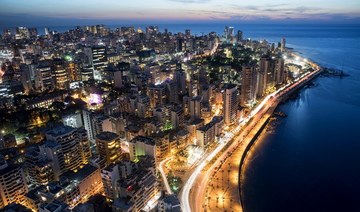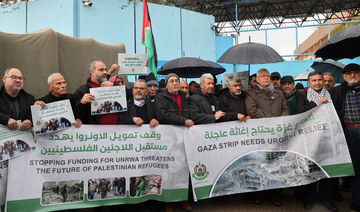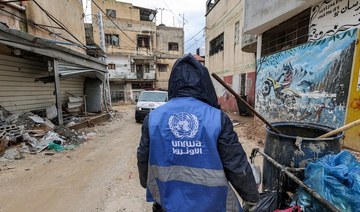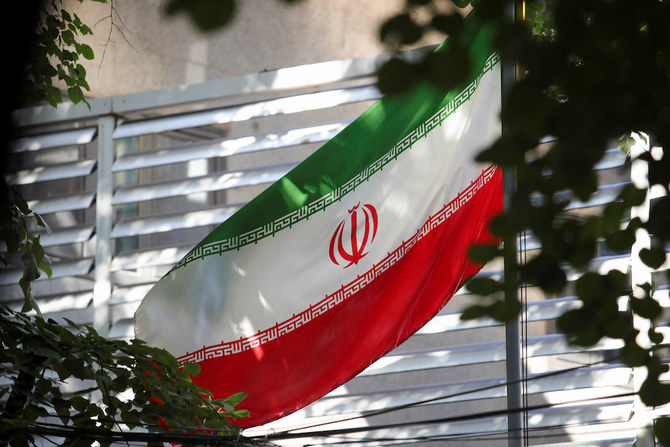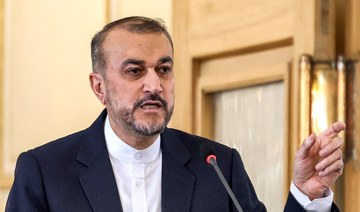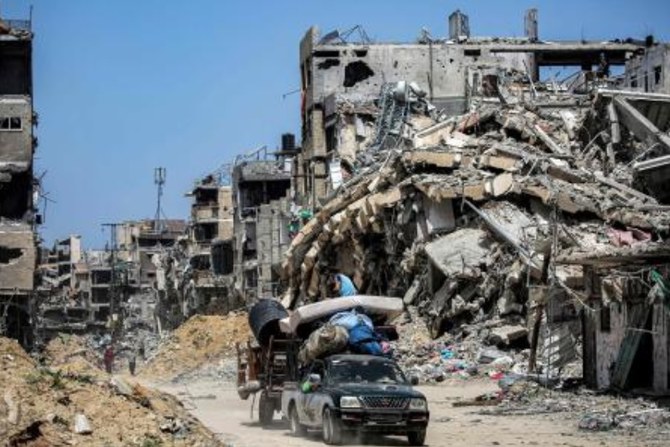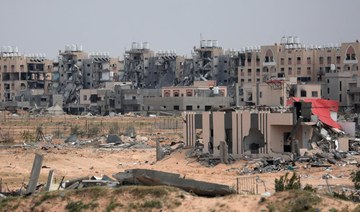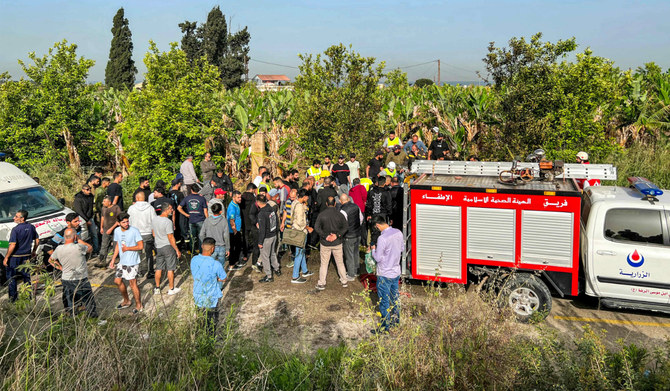LONDON: Lebanese professor Mustapha Jazar has made it his life’s work to help connect students to the jobs they deserve.
While Lebanon has long produced highly educated students, this promising pipeline is badly affected by a lack of matching job opportunities.
Jazar set up the Lebanese Association for Scientific Research (LASeR) 10 years ago to “try to help the students through their journey from school to the job market.”
“The government itself isn’t doing anything about it,” Jazar said.
LASeR is a research-driven nongovernmental organization (NGO) that focuses on selecting candidates to pursue work-orientated research programs.
Through the undertaking of specific research initiatives, the students are trained in areas that will have a positive impact on Lebanon’s socio-economic condition, and can acquire skills that will improve their employability.
Jazar says: “I’m a true believer in research. Throughout my life I have been a researcher and I’ve tried to find funds to do research; for myself, for my students and my colleagues. Then one day I had the idea to create an NGO to mobilize the benefits of research in a more systematic way.”
For the first five years, LASeR was focused on university professors but the NGO has since shifted its focus to undergraduates. The program now takes in about 150 students annually.
Jazar says: “LASeR’s programs include a mix of capacity-building, soft skills and advanced technical skills according to their major. The aim is that students will be better equipped for the job market at the end of three years of university.”
The framework is called “E2C: Education To Community.” It has three modules: Media to Community, Health to Community and the soon-to-be launched Engineering to Community.
“The idea is to take a bunch of students nearing graduation in their third year of study, call them to apply, and then enroll them in a competition-based experience for three to four months where we deliver training. At the end, they have to deliver a product,” Jazar said.
He said that previous projects have included society-wide health-awareness campaigns and public-technology solutions.
At the end of the training period, a jury assesses the outcome of each group and gives a grade, along with the public’s assessment.
Jazar said: “In this way, they will learn the basics of how to deliver an awareness campaign and how to run a budget. If they need specific training, we will find a senior or alumni to deliver the training. Every team has a mentor. In the media group, most of the students have already found jobs.”
Jazar said LASeR was funded by donations and corporate sponsorship. The NGO relies heavily on volunteer expertise from corporates and within the university.
Local enrollment at Lebanese universities is exceptionally high — at about 50 percent — but the country’s small size and job pipeline inefficiencies mean career opportunities are limited.
“Lebanon is educating many highly skilled people but they are going abroad to work in the Gulf, Canada, Europe or the US,” Jazar said.
“We are facing a real problem, especially in research. Jobs are becoming competitive. Right now, we are nearing saturation. We will be observing brain
drain soon.”
In 2018, 4,000 students graduated in engineering, which is a huge number for a country that has a population of four million, he says.
“We do believe that there will be a scarcity of job offers, but what is also lacking in Lebanon is self-employment, start-ups and initiatives led by young people, especially in coding,” Jazar said.
Through LASeR, Jazar aims to create a framework that cherry-picks the best talents from society and focuses these talents on addressing Lebanon’s biggest issues and opportunities.
“We believe there’s a huge amount of social problems that need to be addressed. We aim to raise awareness about our society and the environment with our students.
“We are training our students to look for problems and come up with solutions that will make money for their livelihoods — and for the betterment of Lebanon.”
This report is being published by Arab News as a partner of The Middle East Exchange, which was launched by the Mohammed bin Rashid Al Maktoum Global Initiatives and the Bill and Melinda Gates Foundation to reflect the vision of the UAE prime minister and ruler of Dubai to explore the possibility of changing the status of the Arab region





